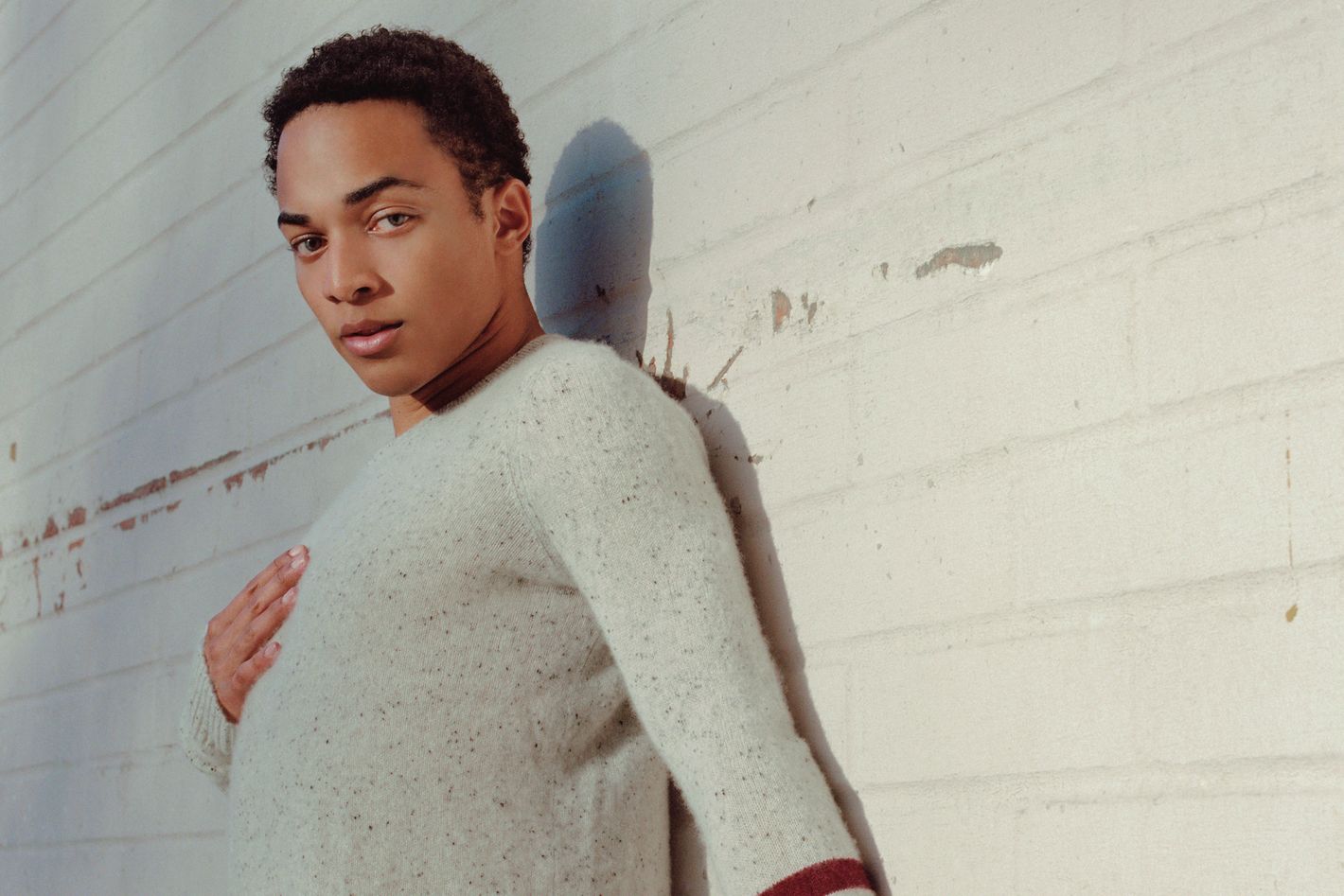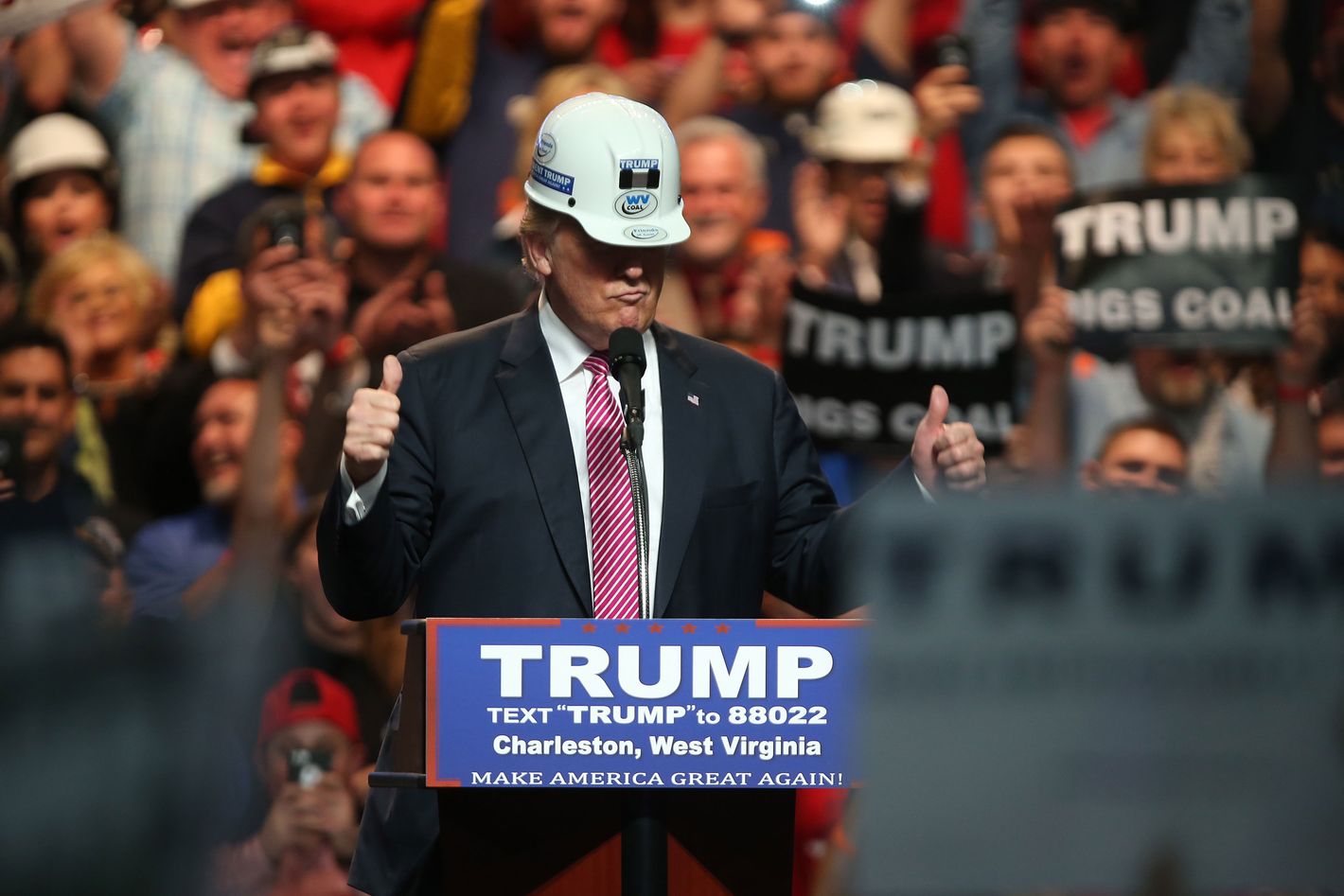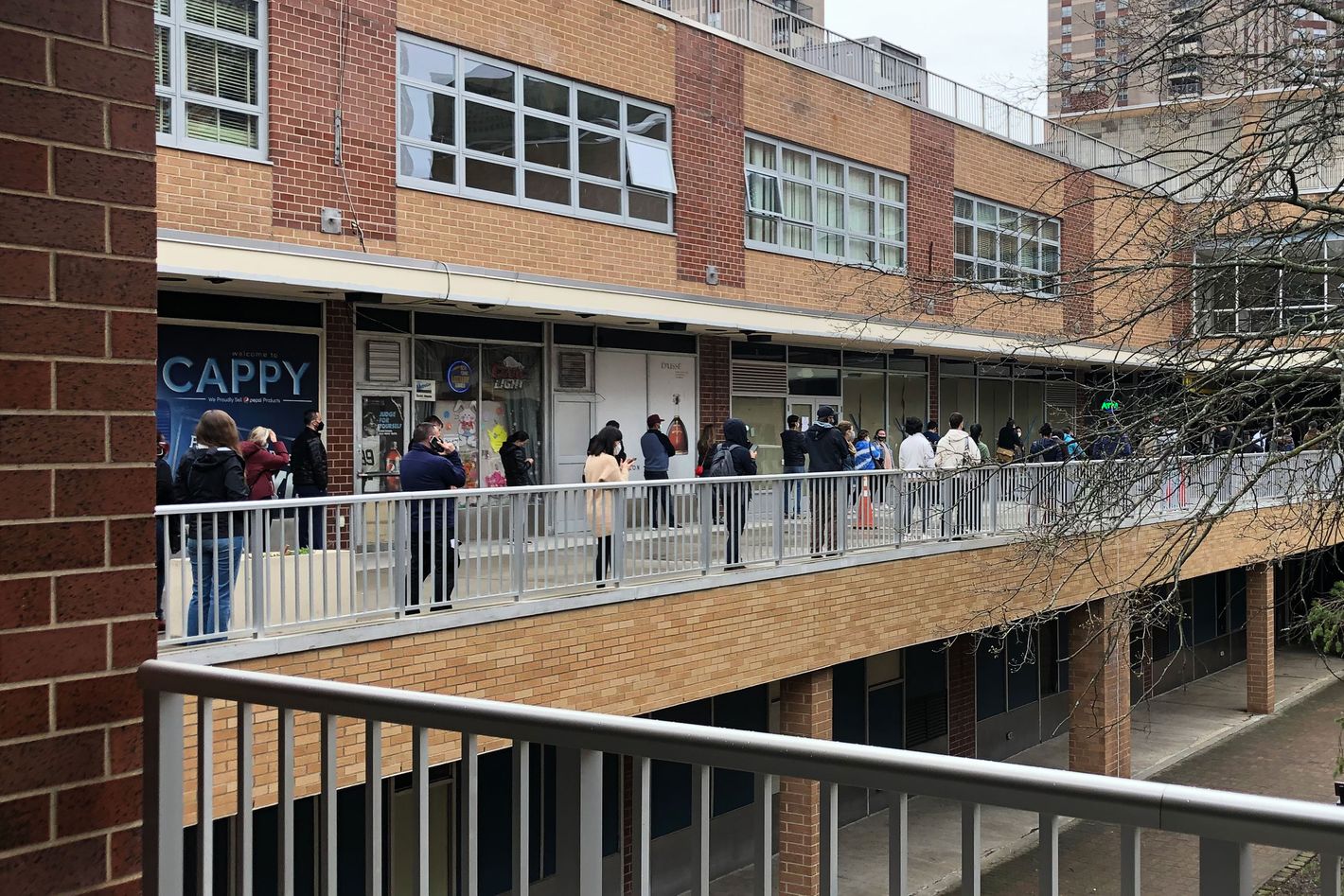| Ben: On Tuesday, President Biden announced the nomination of 11 people to current judicial vacancies. The list is notable for how non-white and non-male it is, especially compared to the rosters President Trump favored (young, white, male, Federalist Society–friendly). The biggest name on it is Ketanji Brown Jackson, a Black woman whom Biden intends to name to the Second Court of Appeals, and perhaps eventually the Supreme Court. But there are plenty of other notable picks. What stood out to you about this first slate of nominees? | | Irin: Well, the most important thing is that this validates my piece from December, which predicted Jackson would be a front-runner for Justice Breyer's seat. But in seriousness: | | The slate works to dispel critiques that were made of the Obama administration: (1) that they were slow and passive on nominations, soon to be massively outgunned by the Trump administration, and (2) that they prioritized racial diversity over professional diversity, such that nominees were more diverse corporate lawyers, to be reductive about it. With a quick list out of the gate that includes three Black women and several former public defenders, the Biden administration is saying you don't have to choose. | | Ed: Politically speaking, the packaging and timing of this announcement shows that Biden (and by inference, Democrats) are catching up with the realization that judicial nominations should be, and now are, a high priority. A voting priority, even. You can thank Mitch McConnell and Donald Trump for that. Unfortunately, it may take Biden that second term he says he's running for to make up for the damage to the judiciary inflicted in recent years. | | Ben: Yeah, Biden is nominating a slew of people before even Trump got around to it at this point in his presidency, which feels like a pointed rebuke to the Obama-era criticism. Does this feel like a turning point to you in how Democratic administrations think about the courts? Is there any going back to treating it like some sort of secondary concern? | | Irin: I've said before that Ron Klain as chief of staff — someone who worked on both Clinton and Obama's SCOTUS nominations — is a signal that judicial nominations won't be back-burnered, and as on many things in the Biden administration, I'm struck by how responsive they've been to progressive legal pressure in particular. Or at least they seem to be giving those groups and arguments a hearing, which is more than you can say for Obama. | | That doesn't mean that Democratic voters will start paying attention as much as Republican voters do — but a court of Trumpists could soon change that. | | Ed: Well, this goes beyond the subject at hand, but Republican extremism has made it a lot more likely that Democratic "centrists" and "progressives" see eye to eye. | | And yes, the extremism reflected in the current Supreme Court majority could have a very galvanizing effect on Democratic voters, which may explain why said majority could be moving cautiously on issues like abortion. | | Ben: Why do you think classically progressive judges are getting more of a hearing now than they did under Obama? Is it just that the party has moved left to the extent that this is inevitable? | | Irin: Well, it's still early and I don't want to overstate the effect based on one list. But Ed is right to point to Republican extremism creating an alignment of centrists and progressives. And there's also been a lot more strident advocacy by the legal left. Demand Justice made a list of prospective nominees and has effectively played both an insider and outsider game. At this point, we don't know much about ideology; we know more about nominees' backgrounds and the administration's intentions to move through the process quickly. | | Ed: I think there's definitely a renewed sense of urgency based on the understanding that a Democratic Senate is a very fragile and necessary part of the picture. One senatorial death in the wrong state could be disastrous. And then there are the midterms, where traditionally the president's party loses ground. | | Irin: Right, and this is of course higher stakes when it comes to a prospective Breyer retirement. Since we haven't said it here: Ketanji Brown Jackson is his respected former clerk. Anthony Kennedy, of course, famously saw two of his former clerks appointed to the court: Kavanaugh and Gorsuch. | | Ed: Actually, while I'm very pessimistic about Democrats holding the House in 2022, the Senate landscape is not bad for them, particularly with five GOP retirements and more possibly on the way. But history points the other way. | | Irin: But if any of those gerontocrats die in office … ? | | Ben: So, as with other Democratic priorities, there's even more of an incentive than usual to get a lot done in a small window of time — considering the precarious math. | | Ed: Yes. and you can add in the high payoff, since federal judicial nominations are for a lifetime. | | Unlike laws and regulations, you can't repeal them after the next election — as Democrats realized to their regret after the Trump administration. | | Irin: Also unlike them, you have to wait for vacancies, which is a mix of pressure and luck. As powerful and important as federal appeals and district courts are, we should assume all this is a dress rehearsal for the Supreme Court, which is how we're already seeing Ketanji Brown Jackson profiles. (She did drama with Matt Damon in college, TIL!) | | And hype videos like this. | | Ed: It's been a long time since there was a seriously contested Democratic SCOTUS nomination, right? I don't count Garland, since he wasn't confirmed. Liberal groups haven't had much experience pushing for as opposed to against confirmations. | | Irin: Another fun fact is that Jackson was interviewed for that nomination, which went to Garland. Now she's taking his old spot on the D.C. circuit. | | Ben: Is there a next step progressives are hoping for — or just that people are expecting — from Biden on judges, given what he has to work with in terms of current vacancies? The $64,000 question is whether Stephen Breyer will retire soon, but absent that … | | Irin: Expanding the lower courts! The cause of expanding the Supreme Court may be dead, but adding to the ranks of the overwhelmed appeals and district court judges might be alive. The politics are tricky, though, and might require … eliminating the filibuster. Over to you, Ed. | | Ed: Adjusting the number of judges to match the caseloads doesn't seem "radical" at all. But recruiting any Republicans to support it will be tough. And I somehow don't think this is the issue that will finally push Biden, Manchin, and others over the brink into real filibuster reform. | | |  | ![Subscribe to New York]() | | | | | | Get unlimited access to more great stories from New York, home of Intelligencer, the Cut, Vulture, Curbed, Grub Street, and the Strategist. | | | |













Comments
Post a Comment